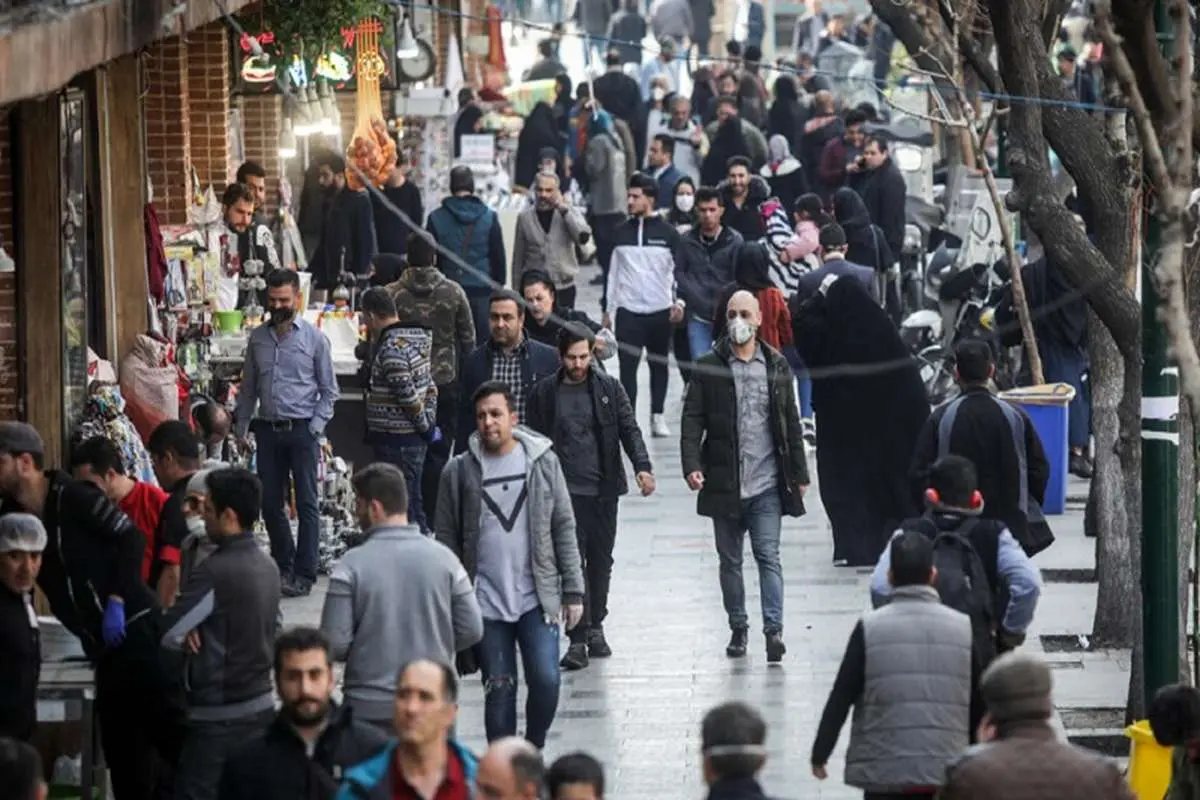The Iranian Parliament’s Research Center has laid it out for everyone—poverty in Iran has clawed its way to 30.1% in 2023. That’s nearly a third of people, everyday Iranians, who can’t make ends meet. We’re not talking a new issue, either. For five years, poverty’s hovered here, stuck like a thorn, and they say it’ll likely stick around through 2024.
Now, Iran’s economy reportedly grew by 4.5% last year, yet folks are still feeling the crunch. It’s a heavy statement on who’s really benefiting. Economic gains, it seems, are not for everyone, and when oil props up growth, the benefits stay tightly held. Those outside the circle watch their incomes shrink, caught in a system that doesn’t give much room for them to breathe.
The government has thrown some welfare policies into the mix, but they’re hardly making a dent. Inflation keeps creeping up, and it’s swallowing whatever gains people might get. Experts are calling for focus—stabilize the economy, control the inflation that keeps dragging folks down. But that’s just words until someone decides that people’s lives are worth more than numbers on a spreadsheet.
By 2025, economic growth is set to slow down to around 2.8%, and inflation may ease by 8%. But right now, the budget’s bleeding, with a shortfall that’ll hit $10.5 billion by 2024’s end. And let’s not forget the subsidy system—a burden so heavy it’s dragged the government deeper into financial trouble. The central bank may gain some control if oil exports keep up. It’s a fickle balance. This balance depends on prices set halfway around the world.
Iran’s poverty rate spiked back in 2018. It hasn’t dropped far since then. This situation leaves people stranded on the wrong side of the poverty line. Inflation has done a number on their purchasing power, cutting down incomes and hope alike. In 2020, per capita income was only two-thirds of what it was in 2011, and there’s no bright future ahead. It’s a hard truth: what little growth Iran’s seen isn’t enough to lift wages or ease the struggle.
Then there’s the poverty gap—a number that tells the bitter tale of how far people are from breaking free. In 2023, those living in poverty were making about 73% of what they’d need to survive, barely an improvement from the year before. Growth in the oil sector, the lifeline of Iran’s economy, hasn’t done much here; it’s just not enough for the everyday worker, who’s left to watch the distance between their paycheck and the poverty line grow wider and harder to close.
The report calls for “macroeconomic stability,” a phrase so dry it barely scrapes the surface of the reality. If Iran doesn’t take this seriously, if they don’t push for deep, real changes that reach the people who need them, poverty will just keep sitting on the horizon like an unbroken chain, linking the years of economic struggle together, one after the other.
This situation isn’t just about numbers; it’s about lives strained by the weight of an economy that fails to carry them forward. For Iranians caught in this reality, the daily grind is real, and the way out is obscured by policies that don’t do much beyond paper promises. If Iran’s leadership really sees the issue, they have a long road of hard decisions ahead. And if they don’t? Well, poverty, as history has shown, won’t budge on its own.








